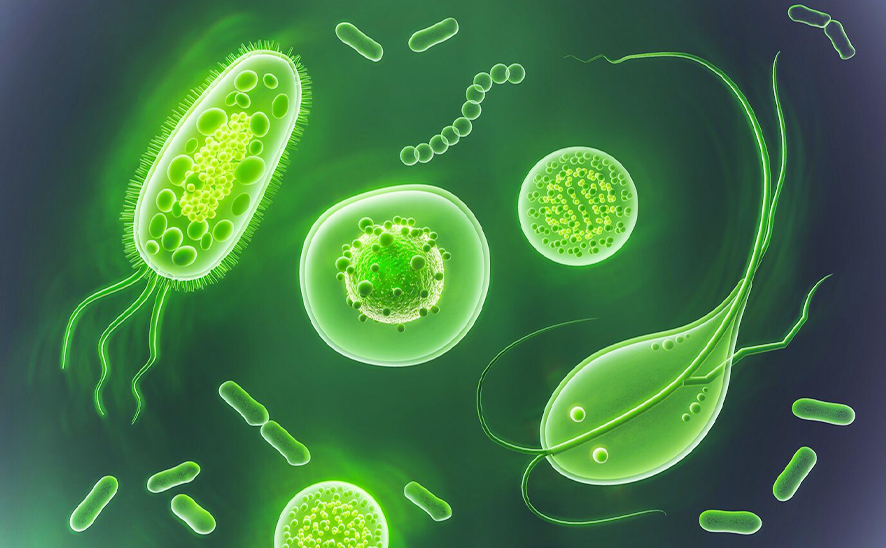Prevention

Probiotics are live microorganisms that are intended to have health benefits when consumed or applied to the body. They can be found in yogurt and other fermented foods, dietary supplements, and beauty products.
A recent clinical trial has shown that unvaccinated people who were exposed to COVID-19 and took the probiotic Lacticaseibacillus rhamnosus GG (LGG) for 28 days experienced fewer symptoms compared to those taking a placebo. The probiotic treatment also delayed the time it took for individuals to develop laboratory-confirmed COVID-19 infections. However, the probiotic group did not have a significantly lower incidence of COVID-19 diagnosis compared to the placebo group, possibly due to the small study size. The trial was conducted between June 2020 and June 2021, before the Delta variant became dominant and when many people were still unvaccinated.
The study suggests that probiotics could be beneficial for post-exposure prophylaxis for COVID-19, particularly when COVID-19 vaccine uptake is low. However, it is unclear how the results apply to vaccinated individuals and the current SARS-CoV-2 variants. A recent meta-analysis of 18 clinical studies found that probiotics were not effective at reducing COVID-19 incidence, highlighting the need for further research.
What Are the Mechanisms?
The exact way in which probiotics work is not fully understood, but experts suggest that they might improve the immune system, enhance gut barrier function, and inhibit pathogens.
In the case of COVID-19, probiotics may have an impact on the microbiome and immune responses by means of the gut-lung axis. This involves producing beneficial compounds such as short chain fatty acids (SCFAs), which can help protect against lung infections. SCFAs production is reduced in COVID-19 patients and may be linked to their immunity to the virus.
It is also possible that probiotics produce bacteriocins, which are antimicrobial compounds that inhibit the ability of SARS-CoV-2 to interact with host cells and replicate. Such compounds could also bind to host cell receptors required for viral entry, such as ACE2. Probiotics probably work via a combination of mechanisms that are specific to each probiotic strain. A better understanding of these mechanisms could help to improve probiotic use and development.
Not All Probiotics Are the Same

Probiotic is an umbrella term for a variety of microorganisms that have different effects depending on the species and strain. The formulation of a probiotic product is important for its intended application and effect. However, it is unclear which probiotics (i.e., species and strains) are most effective for COVID-19 patients and in which patient populations they are most beneficial. Furthermore, it is unknown if synbiotics (a combination of probiotics and prebiotics) are more effective than probiotics alone.
Moreover, there are questions about the best way to take probiotics. For example, nasal-spraying probiotics have been effective in treating respiratory symptoms caused by RSV and influenza infections in children. Could a similar approach be beneficial for COVID-19? Additionally, preliminary research suggests that dissolving probiotic tablets in the mouth reduces the likelihood of developing respiratory tract infections by approximately 65% in medical staff who have been in contact with COVID-19 patients compared to a control group (i.e., staff who did not take any probiotic or placebo). This method of administration also improved markers of COVID-19 pathology in hospitalized patients. Therefore, it is possible that populating the oral cavity/throat with probiotics may help fight SARS-CoV-2 and/or modulate the local immune response to combat it. Ultimately, the administration method and type of probiotic may depend on the individual and the specific infection symptoms.









